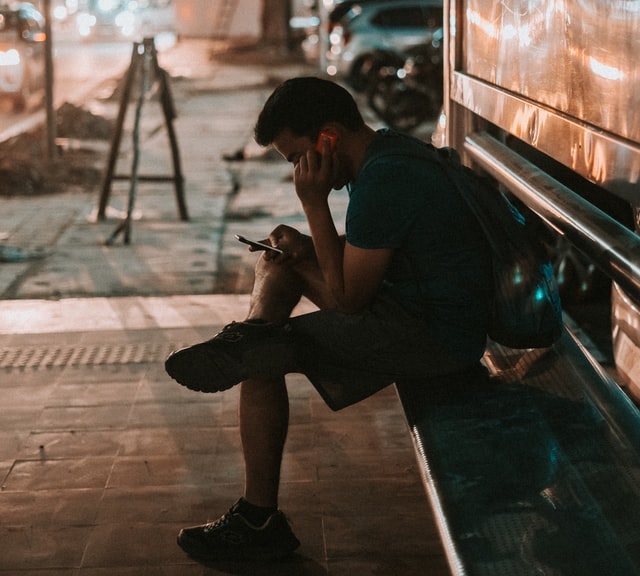Social Media Detox: How To Take A Break.

Table of Contents Show
People can become upset when they see they get disqualified from activity through the Internet, affecting their thoughts, feelings, and even their physical lives. Using social media can lead to insomnia, depression, memory deterioration, and poor academic performance.
Social media is compelling in spreading a message or raising public awareness for causes in such a short amount of time. Information is more accessible and can be accessed and acted upon much faster than before.
However, several studies have shown that social media use has close links with depression, anxiety, loneliness, self-harm, and even suicidal thoughts. Social media can promote inadequacy about your life or appearance.
Do You Know What Social Media Does To Your Brain?

It has both the capability of capturing and scattering your attention. Constantly updated information can be reached by simply clicking “refresh.” This results in both poorer cognitive performance as well as the reduced attentional function of the brain.
Although it can help combat loneliness and isolation, it can also exacerbate it. Social media websites are a great way to connect with people and connect with existing friends. But they also encourage the formation of new friendships by presenting opportunities for like-minded people to find and click.
As we spend less time interacting with others face to face as we spend more time on social media. Having face-to-face interactions releases hormones in our brains that make us feel connected and less lonely, anxious, and depressed.
Benefits And Disadvantages
When face-to-face interactions decrease, fewer hormones are released. The research suggests social media interaction may make people feel anxious, depressed, lonely, and isolated more than face-to-face interaction.
Despite social media’s many benefits, it also has numerous cons. When utilized properly, it is a great way to connect and access information. Use social media with caution and make sure you are using it properly. Be careful not to impact your life by using social media negatively.
Keeping a good balance between your social media usage and face-to-face interactions is essential, particularly since excessive use of social media can harm your mental health and relationships.
How Is Online Activity Destroying Family Life?
Studies have shown that social media behavior can harm real-life relationships, particularly between parent and child.
The truth is, more than 20% of parents report their relationships with their children to get damaged after their child sees something compromising on their social media feeds.

Findings from the study showed 21% of parents say social media images of their children in compromising situations negatively impacted their relationship with those children, such as being under the influence or wearing something provocative. But it appears the effects hit both sides of the equation. The FTC reports that more than 20% of parents have lost connections with their children after the child sees something compromising on their social media feed.
Besides the parent-child relationship, there is another one that can suffer. One in six people says their relationship with their partner was damaged by compromising posts on social media.
How Can Social Media Negatively Impact Mental Health?
Social media also affects relationships because it causes fewer face-to-face interactions.
- Complicated situations
- Life is less enjoyable due to unhappiness.
- Conflicts within families.
- There are problems with relationships.
- Isolation from society.
- Drug, tobacco, and alcohol problems.
- Problems related to work or school-related activities.
- There are legal and financial problems.
- Affordability and homelessness.
Social media “addicts” are in for some bad news: multiple studies from the last year show that too much time spent on platforms can lead to depression and dissatisfaction with life. Social media obsession also begins early; even adolescents report adverse effects.
Limits Your Time Online Each Day.
Social media is often marketed as a tool for self-expression, but there are many ways that it can negatively impact your mental health. It’s important to take time off of social media and engage in other activities – even if they’re just sitting on the couch reading a book.
If you find yourself constantly scrolling through Instagram or Facebook after hours, maybe it’s time to cut back! We know how hard this might be with so much pressure from society about being “connected all the time.” But remember what matters most – YOU. Take care of yourself first by setting limits on how long you spend online each day.
There are also some really helpful apps out there like SelfControl. To avoid this pitfall take care not to spend hours scrolling through your newsfeeds every day. If you’re feeling really overwhelmed by social media addiction you should reach out for help immediately so we can get you back on.